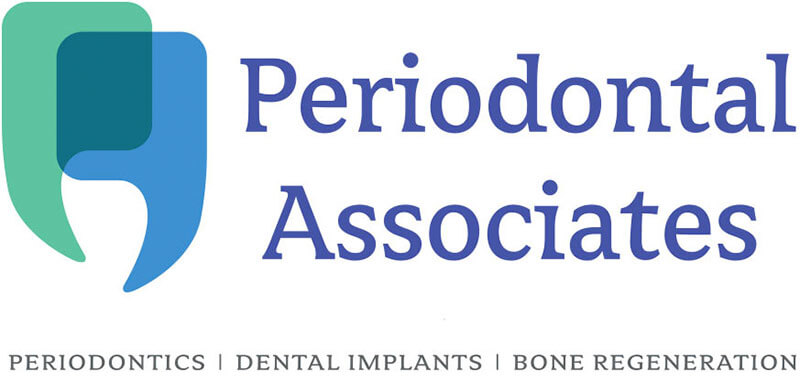Getting dental implants can be a life-changing decision if you are someone who is missing one or more teeth. They not only look like real teeth, but they function like them, too.
The process of getting dental implants is quite long and there is no denying that the cost can be quite high. This leaves many patients questioning their longevity and whether or not they are worth the time and investment.
The good news is that dental implants are the best, high-quality solution for tooth replacement — and they have a long lifespan. But just how long do dental implants last? Let’s talk about it.
How Long Do Dental Implants Last?
Dental implants typically come in three pieces— the implant itself, the abutment, and the dental crown. To give you a very broad idea of how it works, the implant is placed in the jaw as the anchor and the abutment attaches to it, holding the crown in place.
Because the implant is fused with the jaw bone, it can last upwards of 25 years. The dental crown, on the other hand, has an average lifespan of about 10 to 15 years. Both of these can last even longer with the right care and attention.
Factors that Impact Dental Implant Longevity
How long your dental implants will last can depend on a few factors that you may or may not have control over. Taking these into consideration can help you to determine how long they may last for you.
- Poor oral hygiene
- Bruxism (grinding your teeth or clenching your jaw)
- Smoking
- Medical conditions, such as diabetes
- Certain medications
- Poor bone quality
- Smoking
If you have any of the above, discuss with your dentist how long you can expect your dental implants to last.
Caring For Your Dental Implants
Providing exceptional care for your implants can extend their life. You will keep decay, gum disease, and bacteria at bay — and promote a healthy mouth.
Brushing and Flossing. You will want to brush and floss your teeth and gums at least two times per day, especially before going to bed. A Waterpik is also a very effective tool for thoroughly cleaning around your implant and under your crowns.
Routine Dental Visits. Visit your dentist every six months for a professional cleaning. This will elevate your oral health and allow your dentist to catch any problem areas before they grow. Regardless of how well you care for your teeth at home, there are still areas you miss — and your dentist will address them.
Ditch Bad Habits. Taking care of your teeth means having to give up some bad habits. If you smoke, bite your nails, grind your teeth, or find yourself chewing on pen caps, stop. These can cause serious damage to your natural teeth as well as your implants.
Learn More About Dental Implants
If you still have questions about dental implants or want to find out if they are a good option for you, the team at Periodontal Associates can help. Schedule an appointment today at one of our two convenient office locations.
Framingham Office: 508-875-6185
Newton Centre Office: 617-964-6185
Frequently Asked Questions
Will insurance cover the cost of dental implants?
It is very common for them to pay a percentage of the total cost. However, what your dental insurance will cover will depend on your specific policy. Be sure to reach out and learn about your benefits.
How painful is it to get a dental implant?
The dental implant procedure is done using a local anesthetic to keep you from feeling anything. As it wears off, you may have some temporary discomfort. Over-the-counter pain relievers for a couple of days are usually all that is needed.

